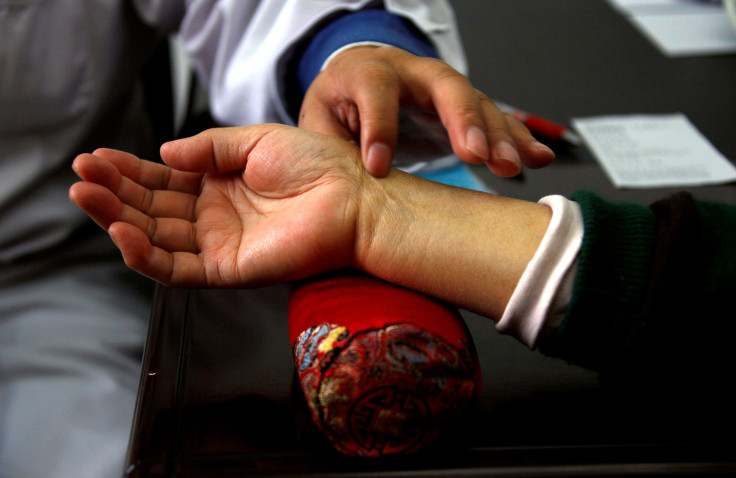Study presents 'disturbing insight into high costs of medical care in Australia'

Patients across Australia regularly spend over $10,000 from their own savings to pay for cancer treatment and chronic illnesses like multiple sclerosis. A number of patients were forging medical treatment due to unexpected costs, a new national study has found.
The study by the Consumers Health Forum (CHF) involved more than 1,200 people who shared their stories. Some patients are found to dip into their superannuation to cover medical bills.
The findings were a “disturbing insight” into the costs of medical care in the country, according to CHF chief executive Leanne Wells. "We heard from many people exasperated to find that the private health insurance they held for many years will not cover gaps of thousands of dollars," the ABC reports her as saying.
Wells added that some patients learned belatedly of unexpected extra costs for anaesthetists, MRI scans and junior surgeons. The findings indicate that a number of Aussies could not afford to get good medical care in their country. As a result, many patients avoid going to the GP, failing to get scripts filled and see the right specialists.
Private health insurance’s roles in the cost and access to health care were in urgent need of scrutiny. "We need to know the extent to which our subsidised health insurance arrangements are working in the interests of consumers and the health system," Wells said.
Leading consumer groups are calling for greater transparency in health costs. National Rural Health Alliance and Choice have both joined the call for improved transparency.
Choice chief executive Alan Kirkland said it could be perplexing and even impossible for patients in need of surgery to work out how much they would pay. He argued that average prices for procedures like knee replacements and colonoscopies have to be publicly available and that patients must have easy access.
Meanwhile, National Rural Health Alliance chief executive Mark Diamond said that rural and regional patients are hit particularly hard when it comes to costs. He pointed out that services in the country cost noticeably more than in the city.
For Private Healthcare Australia's Rachel David, out-of-pocket medical costs were a huge concern for consumers referred for specialist care. She agreed with the need for better transparency.
Federal Health Minister Greg Hunt has previously announced some changes to private health insurance designed to streamline choice. These also strengthen the role of the private health ombudsman in handling complaints.





















